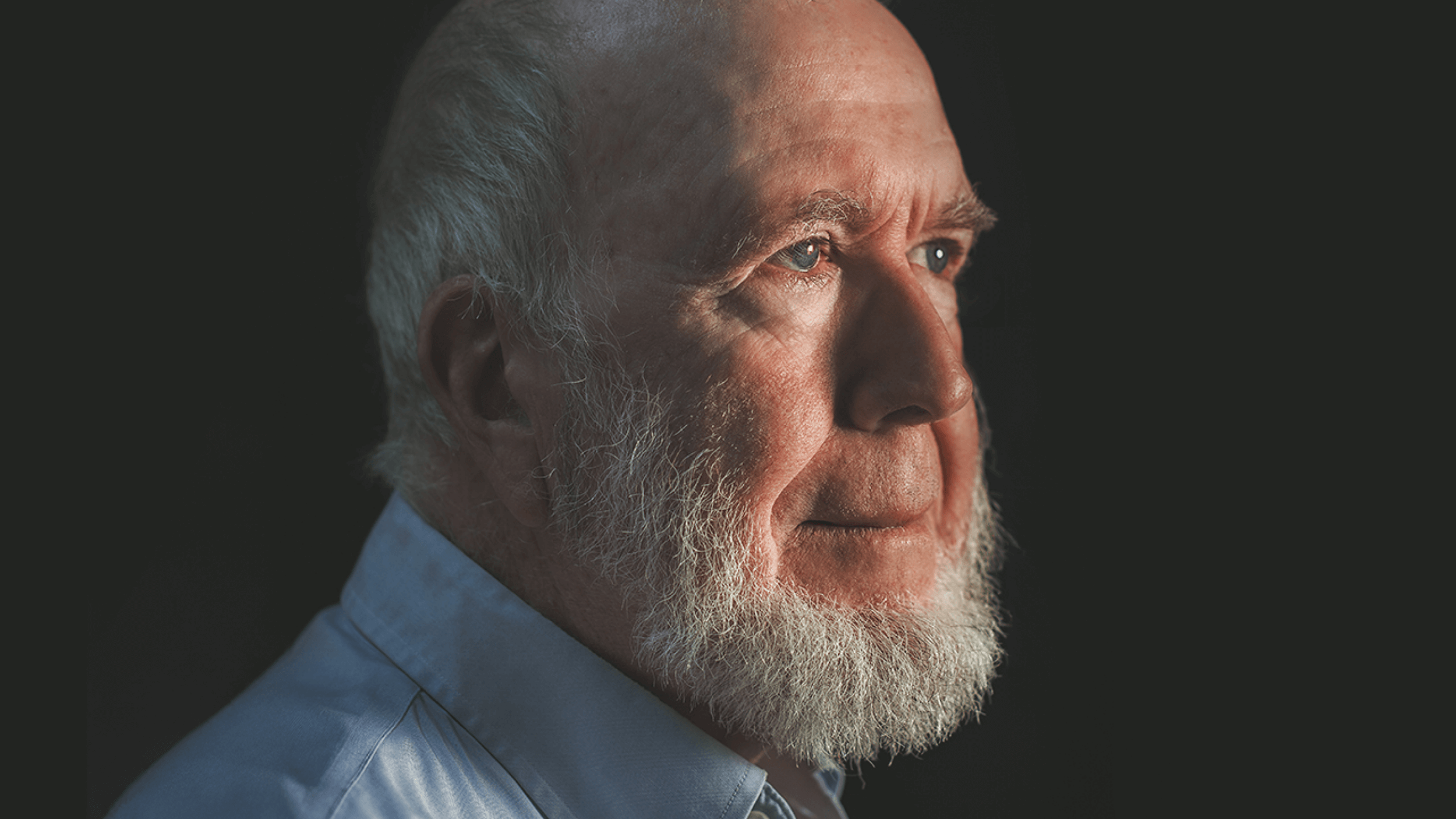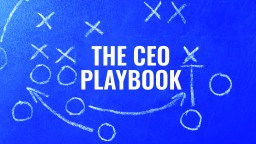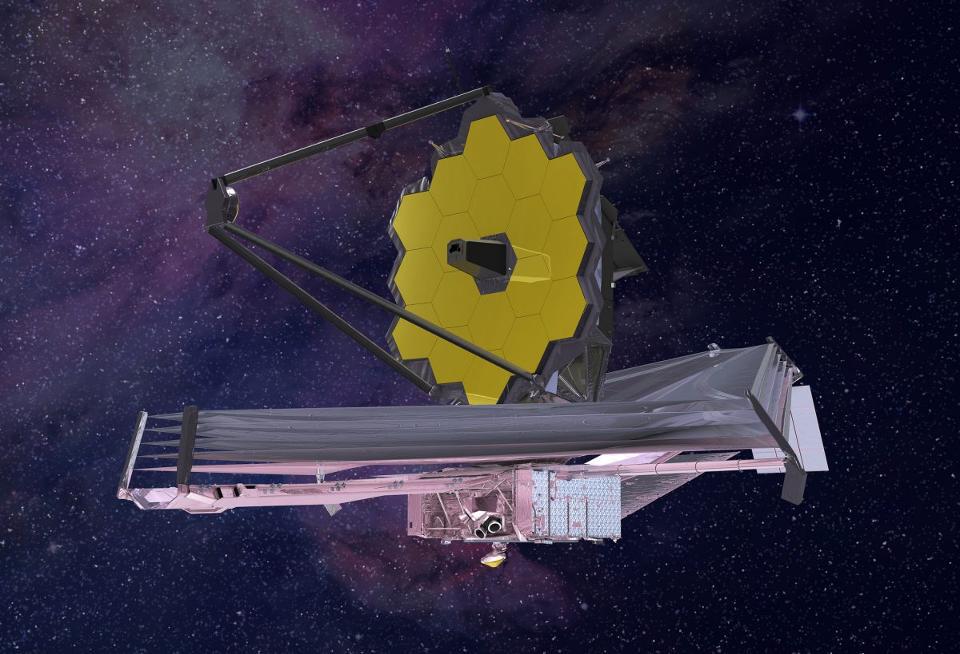Question: Did the EU take a step backwards with the June elections?
Margot Wallström: It’s difficult to sort of summarize from that point of view. I think the disappointment was that we had an even lower voter turnout in these elections than last time. But it was a very uneven result, because in as much as eleven countries the voter turnout was higher, but in general it went down further, even if it was not as much as predicted.
I think what was positive was that in those countries and those parties where they tried to introduce a more Pan-European perspective, and debated while focused on substance issues, voters actually rewarded them for doing that. So this was a good element.
We also saw some really extremist and right-wing candidates being voted into the European parliament, and that is always sad. And I think that the whole picture, it will be more volatile, it will be more difficult to find. We have seen during the last mandate, sort of this Grand Coalition, big coalitions or big solutions between the political groups. So I think that it would be tougher five years to come for the commissioners to find the support and backing of different proposals.
Question: Why do extremist parties appeal to EU citizens?
Margot Wallström: I think when the established mainstream political parties do not integrate the European issues into their normal political debate, discussion, and discourse, or if people don’t see that they address the real problems, then there will always be room for the extremists or populists. I think that that this can be the result of a deep economic crisis. If people think that the politicians are not doing enough, they will be more inclined to listen to those that have a very, very clear or simplistic message, unfortunately. So I think there are many explanations to why this happens. But I think the lack of a truly European public space where you can discuss these issues, where it is a natural part of the political discussion. That is definitely one of the explanations.
Question: What is the importance of the Libson Treaty to EU politics?
Margot Wallström: Well the fact is that the Irish, who are yet to ratify the new treaty, have announced that they are willing to have another referendum, probably on the 2nd of October or beginning of October. It has been a long winding road to have a decision on the new treaty for the European Union. This is because it has to be ratified by all twenty-seven member states.
The background is that we could see that the rulebook, the existing treaties, are not designed to host 27 member states. They are not effective or democratic or well-designed enough to live up to the demands of the times we live in. We want to make sure that we can speak in one voice on the international scene, for example. We want to make sure that we can make decisions much more effectively. We want to make sure that we are more democratic, inviting citizens to take initiatives. And there are new provisions of that kind in the treaty, but we’ve had problems in a few countries where, through referenda, people have opposed it. It has not been very well communicated in those countries.
Question: What countries are on the radar for inclusion in the EU?
Margot Wallström: Well we already have an established negotiation cycle. Negotiations are going on already with a number of countries, Croatia being first on the list. With newcomers like Iceland, that has already been decided that they would apply for membership in the parliament. And of course, Turkey. For many, many years now that we are engaged in negotiation procedures with Turkey.
We hope that the countries in the Balkan area will become new members. It helps if we have a modern effective treaty on how to make decisions when we have so many member states, even though it is not an absolute sort of preconditioned or an obstacle to continue. But the rules are not clear about what will happen then.
Question: In regards to Turkey’s inclusion in the EU, is part of the debate the belief that it is not European enough?
Margot Wallström: I think it is part of debate where in some member states. The public opinion is very negative and for many different reasons. I think there’s a lot of ignorance on both sides. We are ignorant about exactly what modern Turkey looks like. I think in Turkey there is a lot of ignorance about what it would mean, and what happens, and how the debate goes in Europe. I think that there are a lot of prejudices on both sides, and clearly there are differences that have to be sorted out. There are provisions and conditions that they have to live up to before they can become members, and these are the same rules for any country. They have to live up to certain criteria about defending human rights, or the judicial system: how that works, etc., democratic rules. And still, they have quite some work to do.
But I am one among those who think that this is one of the most important decisions that we can make. And I’m all for it. I’m really hoping that we will be able to welcome Turkey as a new member of the European Union. From a geopolitical point of view, there is no more important decisions we can make in order to secure a secular democratic development in Turkey. It’s so important that we live up to our commitments, and that they also do the work they have to do in order to be ready.
Question: Ideally, where do you see the European Union in ten years?
Margot Wallström: I believe it is the European Union including the Balkan countries. And I’m hoping that Turkey will also be a member. I hope that it will be European Union that will have sustainable development as the overall target, and will be the showcase to the rest of the world that it is possible to combine economic growth with environmental protection, social justice, and social protection, as well for our citizens and to show that it is possible to create a smart green growth. And I hope that it will be a European Union that does the right things, makes the right decisions, but also does it right. That is, opens up for citizens and works on the democratic development in the different member states. And I think we have all the possibilities in the world to turn Europe into a place where sustainable development is top on the agenda.
Question: What role do women play in EU politics?
Margot Wallström: Well actually we managed to increase the women representation in the parliament. So it went up with 4%. So at least that was a positive sign. But, you know, women make up 52% of the population of Europe, but they are only represented to 30% as members of the European parliament. That is too low! And even if it went up to 34% this is still so bad.
That’s why you often can see it in these so-called family photos from the Summit Meetings and saw black suits and ties. Sometimes of course you see Angela Merkel or Tarja Halonen, the Finnish president, but it is really something that I don’t think will make women very motivated or interested. Maybe anger which could be a good thing if they mobilize that sort of anger to say, “Well we really have to get into politics or we have to change this situation.” It means also that the issues that women care for and the problems that women have including pure discrimination when it comes to the big wage gap still existing, or violence against women, or a number of other issues—they are not addressed properly. So we cannot trust that the majority of men will put this on the agenda. So I think it is so important to change. I was engaged in a debate called 50/50 Democracy EU, which was a way to help to mobilize interests in changing women’s representation.
Question: What will the Copenhagen Climate Conference represent for international climate diplomacy?
Margot Wallström: We all feel that the clock is ticking and that this might be the last chance we have to actually get a global deal that will help to rescue life on this planet as we know it. And this is how serious it is. The biggest challenge for all decision makers everywhere is to have and to apply such long-term thinking that is necessary to address the problem of climate change—because we are discussing one, two, maybe three generations. We have to think about fifty years ahead. Ten years is a very long time in politics. So what about having to think about fifty years?
At the same time there are some positive signs. I think that the new signals from the Obama administration, the way we have started to work together, even the fact that the G8 Meeting set a target of keeping the increase of the temperature to two degrees above pre-industrial levels, is a good thing—because at least we’ve decided this is the overall target, and then we have to start to count backwards. How do we reach that? What is necessary to do?
The big challenge will be to make sure that we can have, in the richer part of the world, comparable emission reduction targets, and that we can also get the poorest countries onboard to make commitments, because they are already the biggest emitters. So we have to have them at the same table. We have to get them onboard, and to be able to do so. We also have to raise the money necessary to help both adaptation and mitigation measures.
Question: How can we encourage poorer countries to meet emissions targets?
Margot Wallström: As I said, they already know that this is not something that will theoretically happen one day in the future. They know that this is already a fact. This is happening to them. There are already three hundred thousand people dying every year from the effects of climate change. So it is already happening and they know it. But they also want to see that money is raised or resources are found so that they can adapt their economies, their agriculture, their infrastructure, all of the things that are necessary to both adapt and to mitigate or to invest in new, more energy efficient technology. This is where we have to be able to assist. And I just think they want to see that we are willing to move first, that we are taking our responsibility, and that we’re willing to help.
Question: How much money is the EU contributing to climate change efforts?
Margot Wallström: Well we have calculated that and the need for this kind of funding would be in the range of a hundred and seventy five billion Euros per year. And I saw that Gordon Brown, in a recent speech, estimated it to be one hundred billion only to the developing countries. We said in the European Commission one hundred and seventy five, and half of it would have to go to the poorest countries. And he said one hundred billion. So I think we are fairly close in understanding that these are the kind of amounts that we are talking about in order to pay for adaptation and mitigation measures.
Question: How has Europe’s social welfare system changed the recession’s impact?
Margot Wallström: It’s called a social market economy in Europe. It doesn’t mean that you are marginalized or out of everything if you lose your job. You are still part of society. You still have a social security. You still have a place in society. And this is very important, in order [for you] to be able to come back soon to a situation where you can find a new job, where you can help your family. This has always been part of our policy.
Recently, we have discussed a concept called Flex Security, meaning that there has to be flexibility on the labor market. You have to be able to adapt to where the new jobs will come [from], so you might have to change jobs maybe more often. But you should also know that you have the support of society and from your government: that you can get training so you can find a new job, or you can be equipped to take on a new job, or you get to move so that you can actually find a job somewhere else. That will help the economy also to work more smoothly. And I think those countries where they have applied such systems have been very successful also from an economical point of view. So both the social and economic elements have to complement each other.
Question: What is the European view of America’s lack of social welfare?
Margot Wallström: We’ve had an opportunity to compare them when we’ve been looking at the car manufacturers, because the crisis has hit both American car producers as well as European car producers. Somebody who works in the car factory in the United States, his or her conditions if being laid off, or if somebody in Europe loses their job. There’s a whole lot of difference. And I think, again, it’s a matter of the attitude towards taxes, and the society, and government. We diverge a lot when it comes to that.
Question: Describe Eastern Europe’s role in the EU economy.
Margot Wallström: Well they have had the highest growth figures over the recent years, and a lot of investments have taken place in the former Eastern European countries. We’ve had this historical achievement, we have now 27 member states. The ones were formerly called Eastern European countries, we [had] divided Europe into an East and the West, and today this is no longer true. We are all around the same table to take discussion, to make decisions on important issues. It’s an amazing achievement by the European Union. So I think very soon we will no longer use the concept of an Eastern and the Western Europe, but one Europe that is finally whole and free. And they have been very, very important in the European economy, because they’ve had enormous growth and potential. They also have big problems now, when we are in the crisis situation, but they have the solidarity that all new member states have to come to look for.
Question: How is the Internet transforming politics in the European Union?
Margot Wallström: It has been a steep change with the Internet because never before—not with printed media or television—has one individual been able to do mass communication. Before, you needed the medium; you needed television or access to radio. But today, through the Internet, one individual could do mass communications. And so it’s a completely different scenario communication-wise.
Communication, to me, is a tool for strengthening Democracy. We are not there to sell something. We are decision makers. We are politicians. We are elected in the European parliament, etc. In the parliaments, you need to make sure that communication is used to strengthen democracy, to engage better in dialogue with voters and with citizens. And for the first time you can do that very, very broadly. You can invite people to comment, as we did for the first time on the new chemical legislation outreach. We’ve had more than 7,000 responses - very detailed, very well-crafted, most of them. It was amazing to see that, when you open up that opportunity, people want to participate. They can. They are capable of it. They are much more demanding of course. They want to judge by themselves. So it means a little more difficulty for journalists, for example, because people might bypass the journalists—they want to follow the debate themselves directly online or make up their own minds.
Question: How do you evaluate Barack Obama’s social media-based outreach?
Margot Wallström: He did it masterfully, of course. He managed to not only raise money for his campaign but, this time, from many individuals which made him less dependent on big donors like the oil industry. He also did it using social media to organize: not only send the message, but to organize events and mobilize the voters as well. This was a way to say, “Well we can meet and have a party there,” or “We can have a rally that night” or “We can do information sharing,” or what have you.
He used it to the full potential, not only sending his political message but also mobilizing people—and I think this is what we can learn. And he did it through a simple message that everybody could understand. I’m not sure that it would work exactly like that in Europe, but I think we can learn from this—to have a simple message that people can understand and take to their hearts. So there are a number of things where we can definitely share experiences, and say, “This is something we could do as well,” but also differences–money being one. Money does not play the same role in European elections. You don’t have to do that much fund raising to be a candidate.
Recorded on: July 10, 2009





